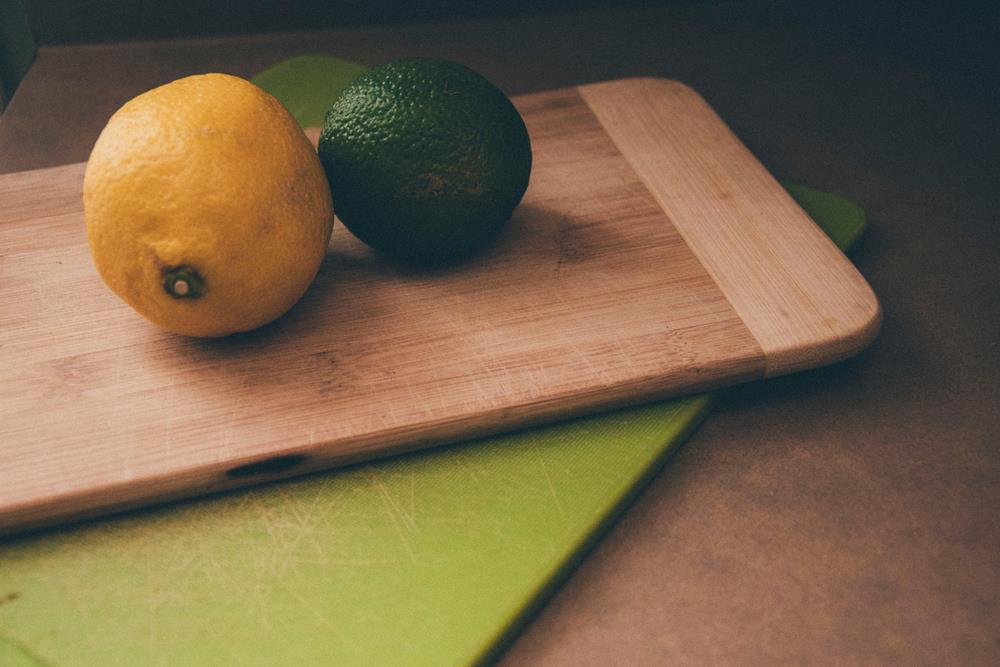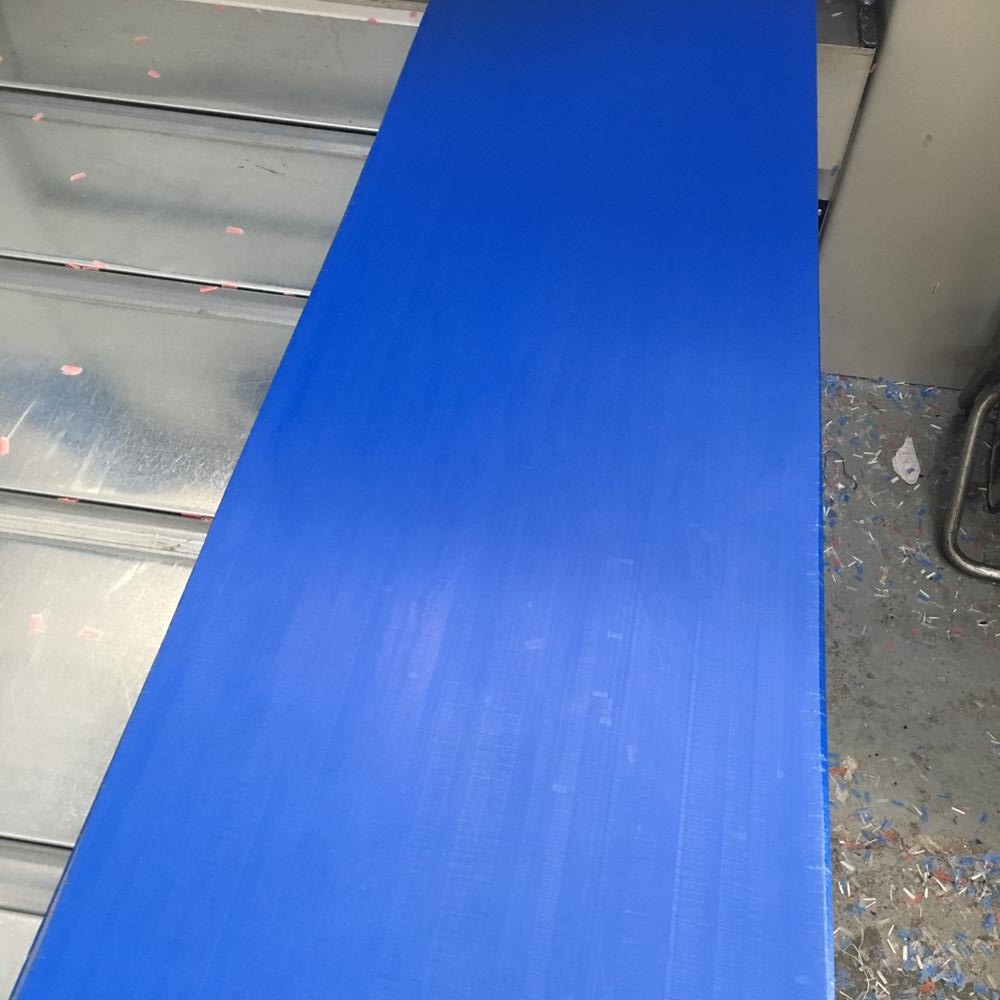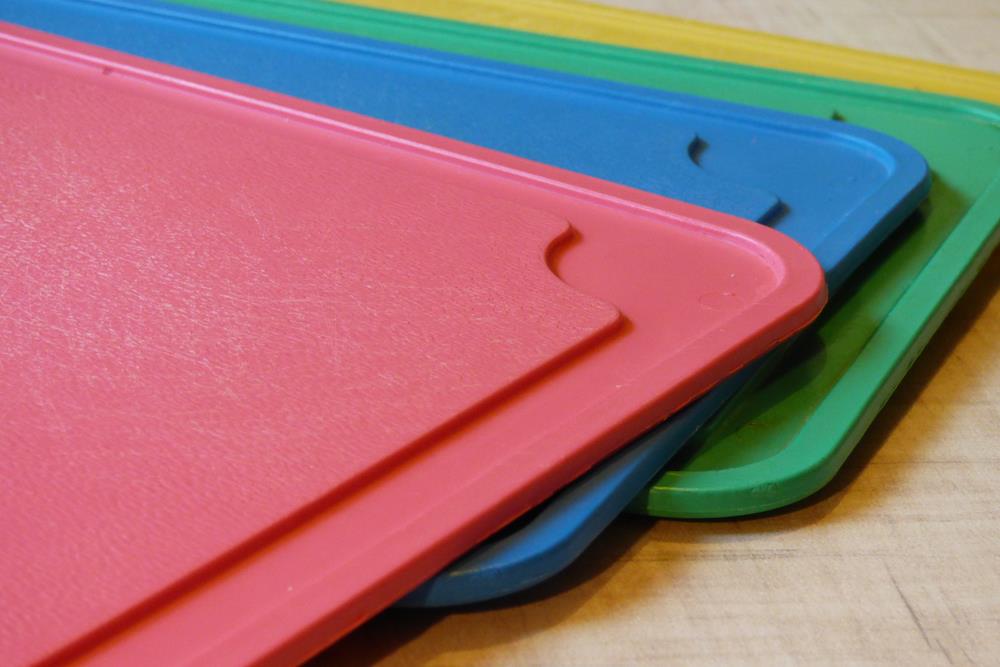
WOOD VS PLASTIC CHOPPING BOARDS: WHICH IS BETTER?
Wood vs plastic. This is an argument that exists for all sorts of products. From toys to furniture, plastic is usually the preferred choice due to its comparative cheapness. But when it comes to kitchen equipment, which is better? In this article, we will discuss the benefits of wood and plastic cutting boards and compare them to determine which material would be best for you.
Cost
The primary difference in the wood vs plastic chopping board argument is price. Due to the cost of manufacturing wooden cutting boards, they tend to be more expensive. So if you have a lower budget, a plastic chopping board may be preferable. However, be aware that truly high-quality plastic chopping boards will be expensive. The phrase, you get what you pay for, is very true when it comes to plastic chopping boards!
Durability
When spending a substantial amount of money on anything, you expect the product to be highly durable and withstand repetitive use. Wood chopping boards are renowned for their extensive durability and scratch resistance, and if scratches do occur, they can be sanded away.
However, what you may not realise is that thick high-quality plastic cutting boards can also be sanded to remove scratches deep and shallow. Although thin plastic chopping boards have an inherently shorter lifespan than thick wood cutting boards do, thick plastic boards are a great contender for durability.
Maintenance and Sanitisation
Another vital point in the wood vs plastic chopping boards is the level of maintenance required. Wooden chopping boards require more attention than plastic chopping boards do, as they can’t be submerged in water, exposed to particular cleaning solutions, and coated with mineral oil after cleaning. The mineral oil helps to prevent the wood from drying out, which isn’t a problem with plastic.
Thick, high-quality plastic chopping boards can be cleaned in the dishwasher without sustaining damage from high temperatures and water submersion. These high temperatures will clean your chopping board and simultaneously sanitise it.
Sanitising wooden chopping boards is harder than sanitising plastic boards, as wooden chopping boards can’t be exposed to the same cleaning solutions that their plastic counterparts can. Sanitisation is essential when cleaning chopping boards, especially on those used for raw meats and allergens. Bacterial growth can cause significant sickness, which we’re sure you don’t want to subject your family members or customers to.
Deep scratches can be substantially harder to clean, especially on wooden chopping boards. So, in the wood vs plastic argument concerning sanitation, plastic chopping boards are preferable.
Gentleness
Rough surfaces can damage the blades of your knives and blunten them. But in the wood vs plastic chopping board debate, both are equally as gentle to your knives. The question when it comes to gentleness is better answered by the quality of your surfaces rather than what they’re made of. As there is a very fine balance between your chopping board being hard enough to not sustain damage but soft enough to not damage your knives.
We recommend always buying more expensive chopping boards to best achieve this balance and substantially reduce the possibility of damage.
Conclusion
In most cases, plastic chopping boards are better fit for purpose than their wooden counterparts. So, if you’re ready to make a purchase, check out our range! Here at Plastic Chopping boards, we have a range of patterned, variously thick, or coloured plastic cutting boards available. We deliver across the UK and aim to get your plastic chopping board to your home, butcher, or bakery as soon as possible to keep your business running.












